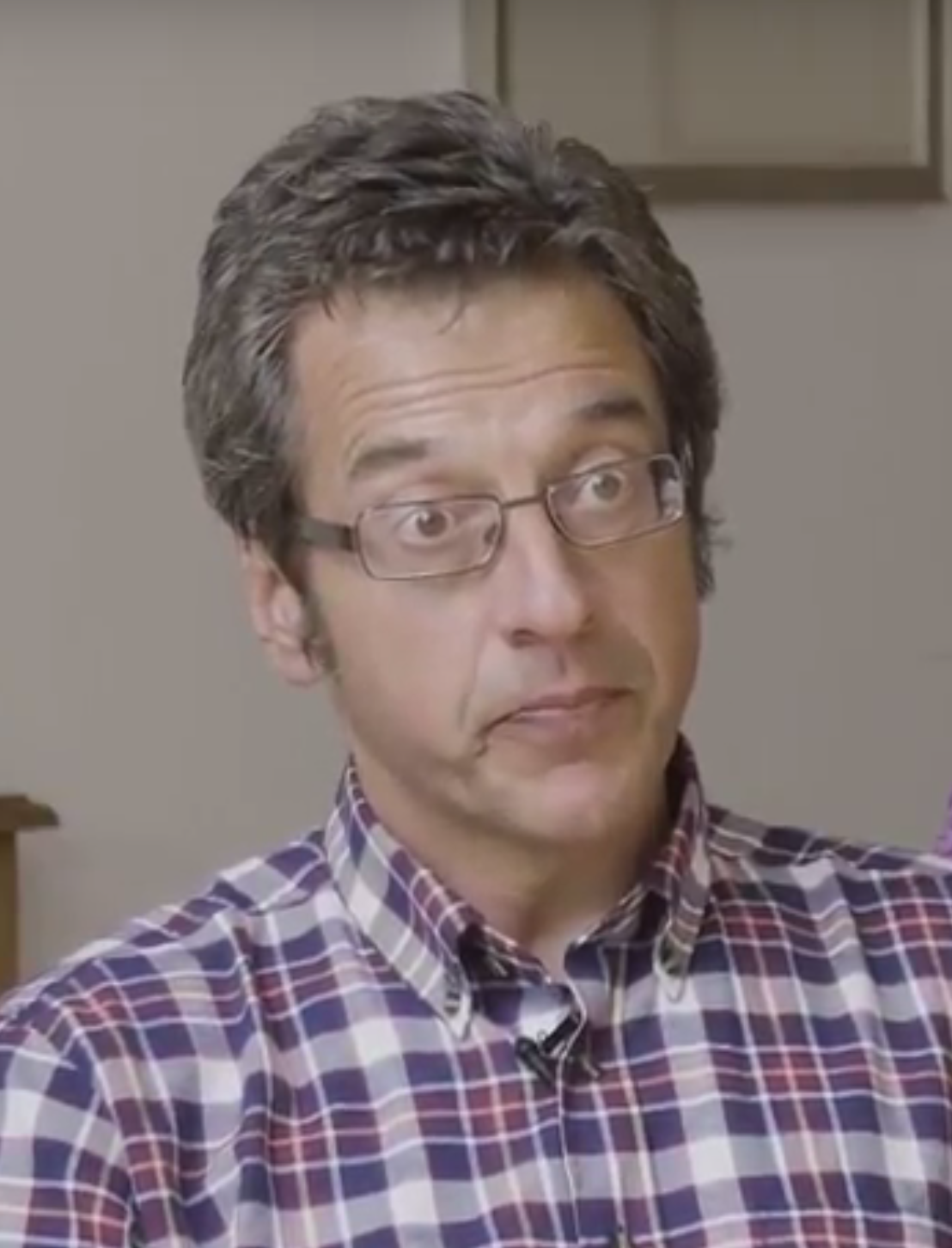NCDD member org, Everyday Democracy recently announced the winner of the first ever Paul and Joyce Aicher Leadership in Democracy Award. Please join us in congratulating Generation Justice of Albuquerque, New Mexico’s premier youth media project focused on uplifting underrepresented voices through social justice and media. In addition to the other honorees, we’d like to congratulate the West Virginia Center for Civic Life led by NCDD board member, Betty Knighton, for being among the top finalists. We encourage you to read the announcement below or on Everyday Democracy’s blog here.
Generation Justice is Announced the Winner of the First Annual Paul and Joyce Aicher Leadership in Democracy Award
 For more than 25 years, Everyday Democracy has worked with communities across the country to foster a healthy and vibrant democracy – characterized by strong relationships across divides, leadership development, including the voices of all people, and understanding and addressing structural racism.
For more than 25 years, Everyday Democracy has worked with communities across the country to foster a healthy and vibrant democracy – characterized by strong relationships across divides, leadership development, including the voices of all people, and understanding and addressing structural racism.
This year, Everyday Democracy launched the Paul and Joyce Aicher Leadership in Democracy Award, and out of 80 nominations, Generation Justice, of Albuquerque, New Mexico was selected as the winner, and recipient of the $10,000 award to help further its mission and vision.
Generation Justice’s vision is to raise underrepresented voices, to heal from internalized wounds, to lift up narratives of hope and inspiration, and to build pathways to equity and leadership. Noted as New Mexico’s premiere, award-winning youth media project, Generation Justice was founded on social justice, decolonization, and media justice principles. Generation Justice has a track record engaging with communities state-wide via KUNM radio broadcasts and the use of the internet to connect with individuals, schools and organizations. In addition to the high quality media that is produced, benefits of the broadband access work that Generation Justice does extends statewide, including to rural youth and families in New Mexico who pay the highest price for their lack of access.
“Generation Justice really understands how to engage young people,” said Everyday Democracy’s Executive Director Martha McCoy. “There is so much potential for the future of New Mexico because of their work. This model should exist everywhere.”
“Generation Justice is what democracy looks, feels, and sounds like!” said Jaelyn deMaria of the University of New Mexico who nominated Generation Justice for this award. She continues, “At their core is the sincere desire to present and give rise to a different type of narrative, one produced by those in the communities we come from. Journalism schools teach a dominant culture lens and Generation Justice offers an alternative. Media influences beliefs, resulting in communities of color continuing to be represented in sensationalized and deceptive ways to a public that accepts those narratives as truth. This is the moment that youth of color and allies trained from a media justice lens are revolutionizing media to foster equity.”
In accepting the award, Roberta Rael, Founder and Director of Generation Justice said, “I’m so delighted that Generation Justice is receiving this recognition from Everyday Democracy, which has an amazing reputation and national reach. The financial award is important, of course, but even beyond that, it is a deep honor to be seen and recognized for our work and approach to media justice.
“Our work looks at how media creates long term change – how structural racism has played a role in this issue – how the mainstream media is covering this issue – and, whose voices are not being heard. We go out and get those voices and include them.
“This is one way dialogue and a racial equity lens is connected to everything we do,” she continued. “This award will assist in sustaining our mission, of empowering young people to harness the power of media, through a combination of developing their internal assets, and love for oneself and the community, using media as a powerful tool to both tell stories, capture stories, create dialogue and change the narrative.”
Families United for Education, of Albuquerque also attained honors as one of the four finalists for this award. Families United is a community/parent group noted for addressing discrimination and alienation of minorities and marginalized sectors of student population in the region. These two New Mexico organizations were honored along with Rapid City Community Conversations, Rapid City, South Dakota; Racial and Social Justice Program of the Delaware YWCA, Wilmington, Delaware. Each of these organizations, is exemplary in the democracy-building work they are doing in their communities. Additional Honorees were: S. Nadia Hussain, of Bloomingdale, New Jersey; and the West Virginia Center for Civic Life. Two organizations were honored as Promising Practices: Speaking Down Barriers of Spartansburg South Carolina, and WOKE of Greyslake Illinois.
_________________________________________________________________________
Paul J. Aicher and his wife Joyce were known for their generosity and creative genius. A discussion course at Penn State helped Paul find his own voice in civic life early on, and sparked his lifelong interest in helping others find theirs. Paul founded the Topsfield Foundation and the Study Circles Resource Center, now called Everyday Democracy, in 1989. The organization has now worked with more than 600 communities throughout the country, helping bring together diverse people to understand and make progress on difficult issues, incorporating lessons learned into discussion guides and other resources, and offering training and resources to help develop the field and practice of deliberative democracy.
You can read the original version of this announcement on Everyday Democracy’s blog at www.everyday-democracy.org/news/generation-justice-announced-winner-first-annual-paul-and-joyce-aicher-leadership-democracy.


 A huge thank you to Simone for this matching donation! Simone joined this board this year and has been a wonderful supporter of this work. Simone is the Executive Director of Interfaith Action of Central Texas (iACT). iACT cultivates peace and respect through interfaith dialogue, service, and celebration. Folks in our network might be interested in their project
A huge thank you to Simone for this matching donation! Simone joined this board this year and has been a wonderful supporter of this work. Simone is the Executive Director of Interfaith Action of Central Texas (iACT). iACT cultivates peace and respect through interfaith dialogue, service, and celebration. Folks in our network might be interested in their project 



